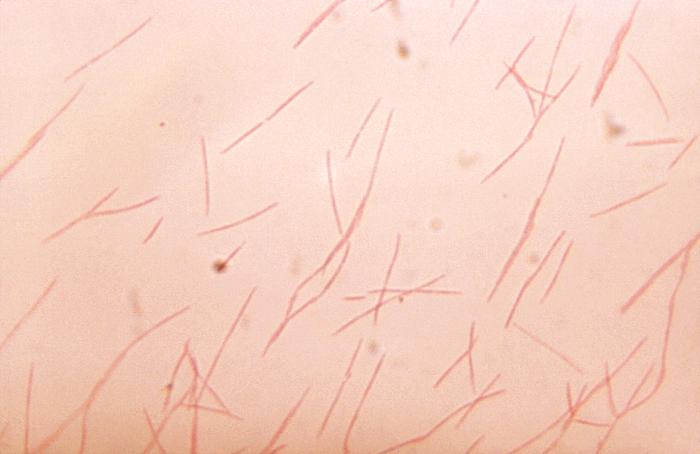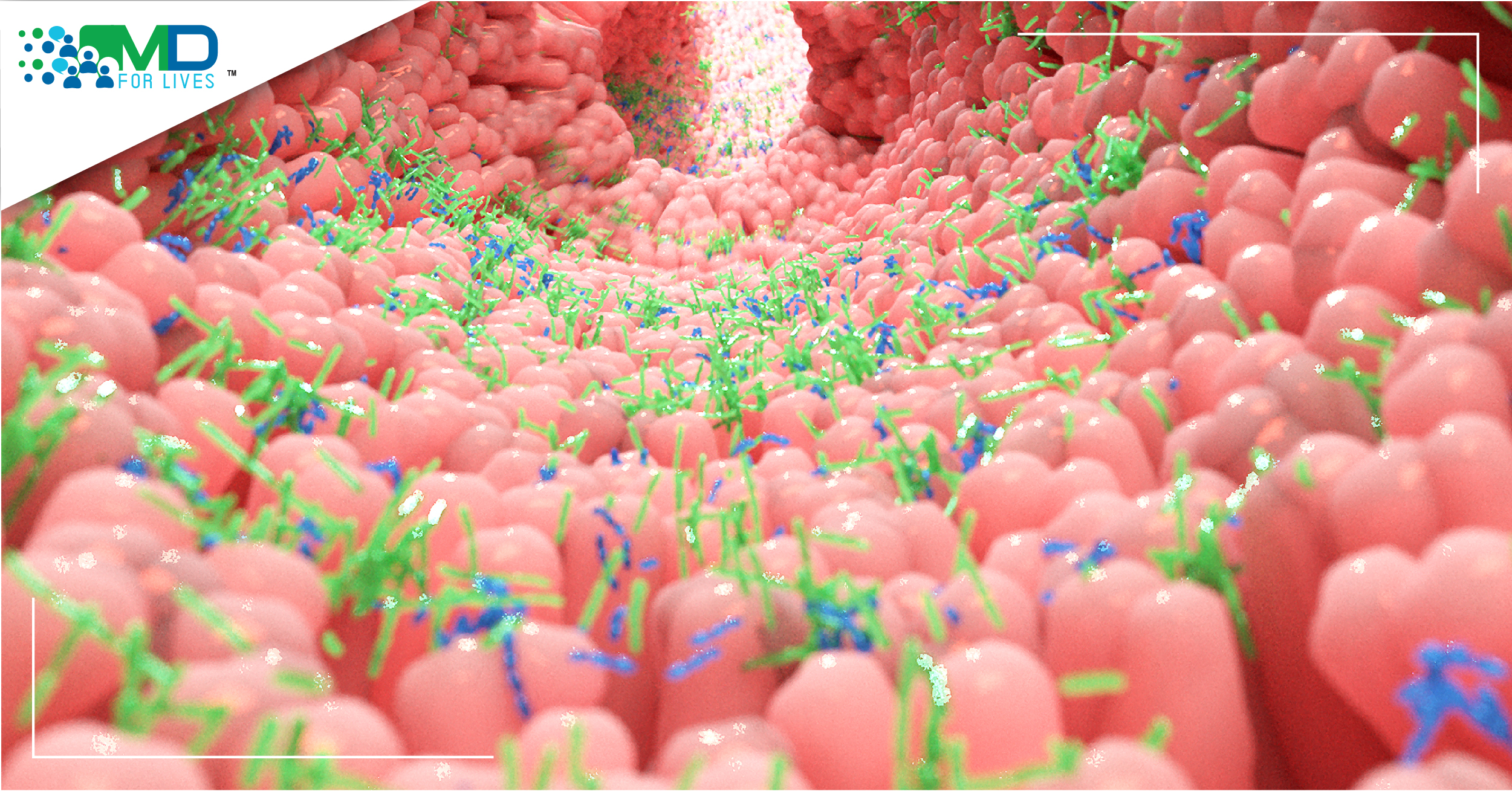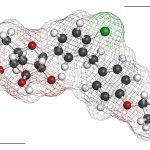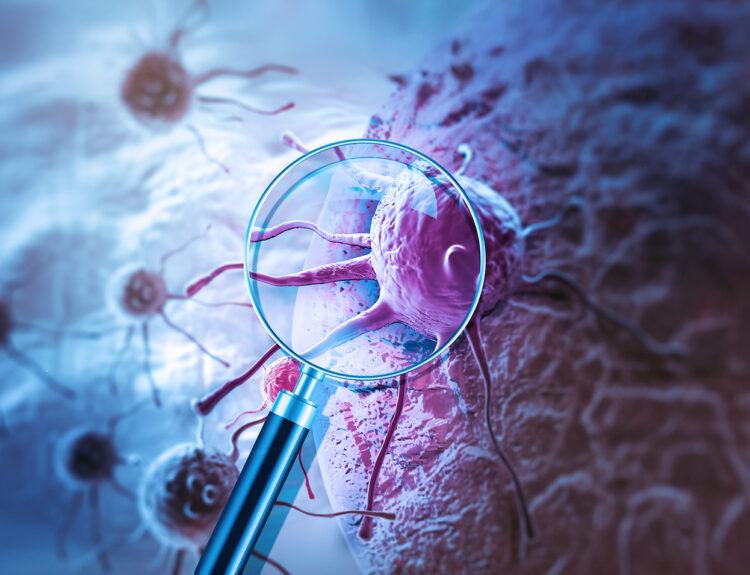The interaction of the human microbiome and cancer has been of great interest recently. Two articles published in February 2021 highlight the translational potential of microbiome studies.
The first study, published by A. B. Dohlman and colleagues in Cell Host & Microbe on February 10, 2021, reports the development of a tool for understanding tumor-associated microbes, an area of research that could potentially lead to improvements in cancer diagnosis. The second, published by D. Davar and colleagues in Science on February 5, 2021, reports on a trial of fecal transplant in a small group of patients with advanced melanoma. In the trial, the fecal transplants enhanced the cancer-fighting effects of a melanoma drug.
What is the human microbiome?
The human microbiome — the totality of the genomes of human body-associated microbes — the microbiome composition varies between individuals, between different body sites, the composition also changes over time.3 Each human is host to between 10 and 100 trillion microbial cells, and these microbes have a major impact on our health- involved in digestion, nutrient synthesis, immunity, and other functions.
A tool for studying the human microbiome and cancer
In recent years, scientists have gained more understanding of the functions of the human microbiome. Now, keen interest is growing in microbial communities at different locations other than the GI tract, including the lungs, the skin, and other organ sites, as well as the tumor microenvironment.
Previously, individual microbe species and groups of microbes have been linked with specific types of tumors. Such microbes could potentially be used as biomarkers to improve cancer diagnosis, understand a patient’s prognosis, or personalize treatment. Several startups are working on tests that would detect tumor-associated microbes based on either their DNA or their metabolites in a blood or stool sample. But the field has been plagued by the problem of contaminants – microbes that come from the laboratory or the collection procedure instead of from the patient.
In the Dohlman et al. study, researchers developed a method for subtracting out the contaminants. The team developed a database of tumor-associated microbes, The Cancer Microbiome Atlas, by subtracting out likely contaminants from a library of previously analyzed samples. Then the database was used to identify two groups of microbes associated with colorectal cancer. Although the team looked at colorectal cancer as a proof-of-concept, these tools could potentially be used to advance our understanding of a wide variety of cancers.

Fecal transplant and response to cancer immunotherapy
The second study investigated the impact of fecal transplant on patients’ response to cancer immunotherapy. Fecal transplant involves transferring stool from a donor into a patient’s gut to change the composition of the gut microbiome. The treatment has been used for Clostridium difficile infection and several other conditions, although the FDA considers it an investigational therapy.
Researchers had previously observed that advanced melanoma patients’ response to anti-PD-1 (programmed cell death-1) immunotherapy correlates with the composition of the patient’s gut microbiome. In the recent study, researchers obtained stool from patients with melanoma who responded well to PD-1 therapy and transferred it colonoscopically to patients who failed to respond to PD-1 therapy.
After the fecal transplants, the recipients had durable changes in their gut microbiome, and 6 of the 15 advanced melanoma patients showed a clinical benefit. This was a single-arm, Phase 2 study, so no placebo group was included. The treatment showed an acceptable safety profile.

The authors suggest that microbes can alter the tumor microenvironment, and these changes enable a response to immunotherapy in a few previous non-responders. This is a possible reason why the human microbiome is important in the development of cancer and can provide a rationale for future studies.







